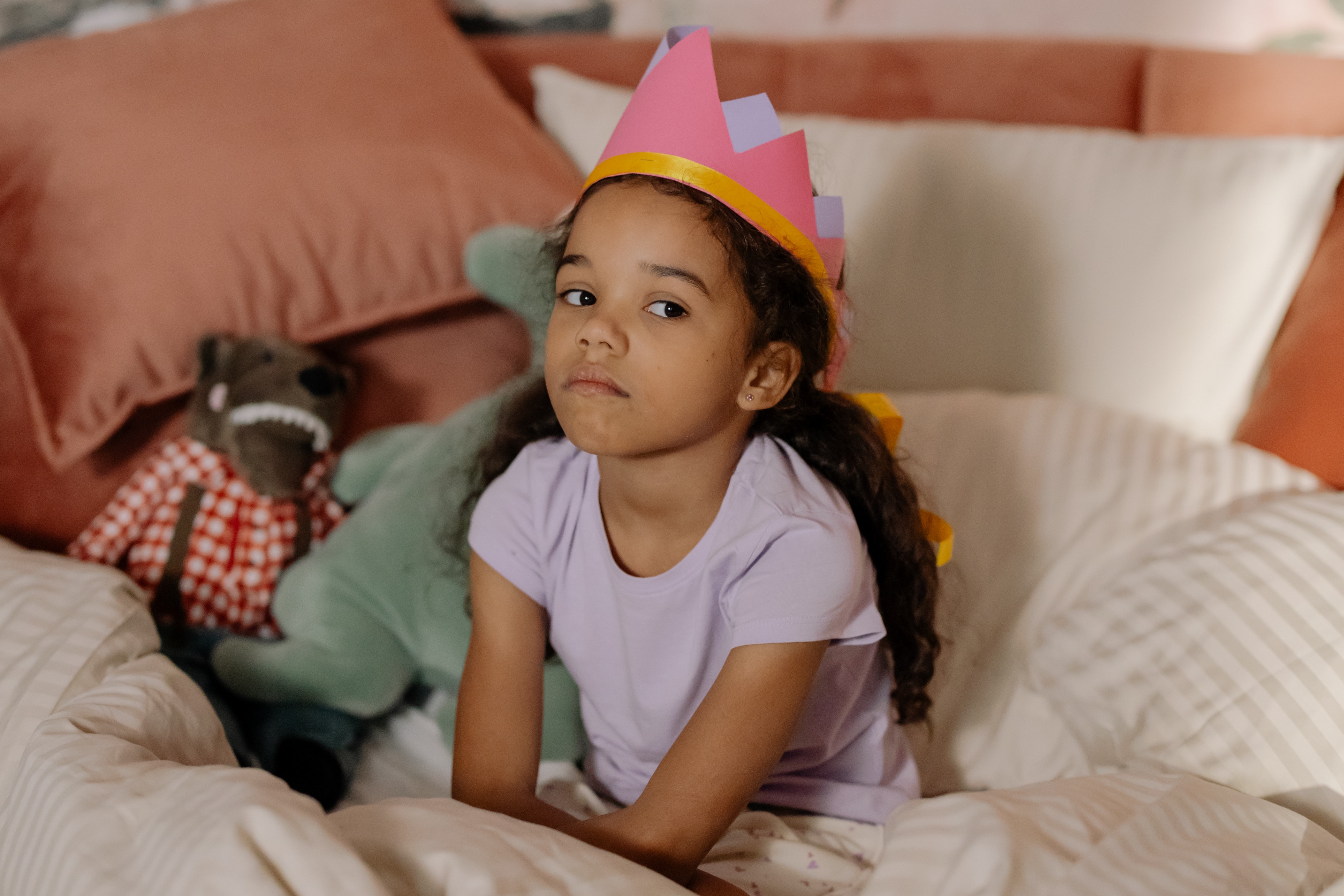I Accidentally Yelled at My Kid, What Should I Do?

“I’m busy now, please be quiet!”
Words like these sometimes unintentionally come out from parents when they are in a stressful situation. Even though parents know that these words could be harmful to the children, usually these words come out spontaneously and unconsciously. Sometimes parents realize immediately that what they said could potentially harm the intimate relationship between parents and the children. However, they tend to be carried away by their negative emotions so that they let the incident pass. In fact, parents feel guilty because of their uncontrolled act, but what should parents actually do in this situation?
Dr. Daniel Siegel, a family relation and brain development expert, suggest a concept named Rupture and Repair. Ruptures are a break in the connection between parents and children, could be caused by misunderstandment or when parents hurt children’s feelings and vice versa. Some ruptures might be more destructive than the others–usually happen when parents are emotionally overreacting. Ruptures are inevitable in any relationship, including parents-child relationship. However, ruptures can be fixed, we call this fixing process as Repair. Repair is critical to rebuild the broken relationship. Ruptures without repair could deepen the problem between parents and children, and widen the emotional damage in children, thus it could be harmful in children development.
One key point in repair is it needs awareness from parents of what they feel and what are the triggers. Parents need to take a break and reflect about what is happening and how they feel at the moment. While reflecting on the situation, try to empathize with the children and ask yourself about these questions: “why did the children do that?”, “did they need attention?”, and “what kind of response do they need from me?”. Afterwards, parents could immediately try to talk to the children about the situation. For bigger children, parents can start the conversation by apologizing and telling what parents felt. Then, try to hear from the children’s side, their thoughts and feelings about the situation. This repair process could be an opportunity for parents to explain that parents are ordinary people that can have a meltdown in an overwhelming situation in which they don’t act rationally.
After trying to mend the rupture, parents could “pay” their wrongdoings by offering some quality time together with the children, for example reading storybooks together or playing together. It’s essential to offer some fun times together because it shows that parents-child relationship is still warm and close after a rupture.
Parents can practice rupture and repair in many situations that are harmful for the intimate parents-child relationship. If parents continuously perform this process, children will learn that they also can do the repair when they commit a mistake or when they hurt their parents’ feelings. Remember that children always model their parents behavior, consciously or unconsciously. Children don’t need perfect parents who never make mistakes–because there is no perfect human, but they need parents who are authentic to them and never stop learning in order to develop their sense of self.
Source:
Siegel, D. J. (2004). Attachment and self-understanding: Parenting with the brain in mind. Journal of Prenatal and Perinatal Psychology and Health, 18(4), 273-286.
Perry, P. (2019). The Book You Wish Your Parents Had Read (and Your Children Will Be Glad That You Did), p. 17-18. Penguin UK.
rupture and repair, parenting, parent-child relationship, conflict
Children 4 Years - 6 Years / 4 Tahun - 6 Tahun / Parenting / Pola Asuh / Family / Keluarga / I Accidentally Yelled at My Kid, What Should I Do?
Comments













